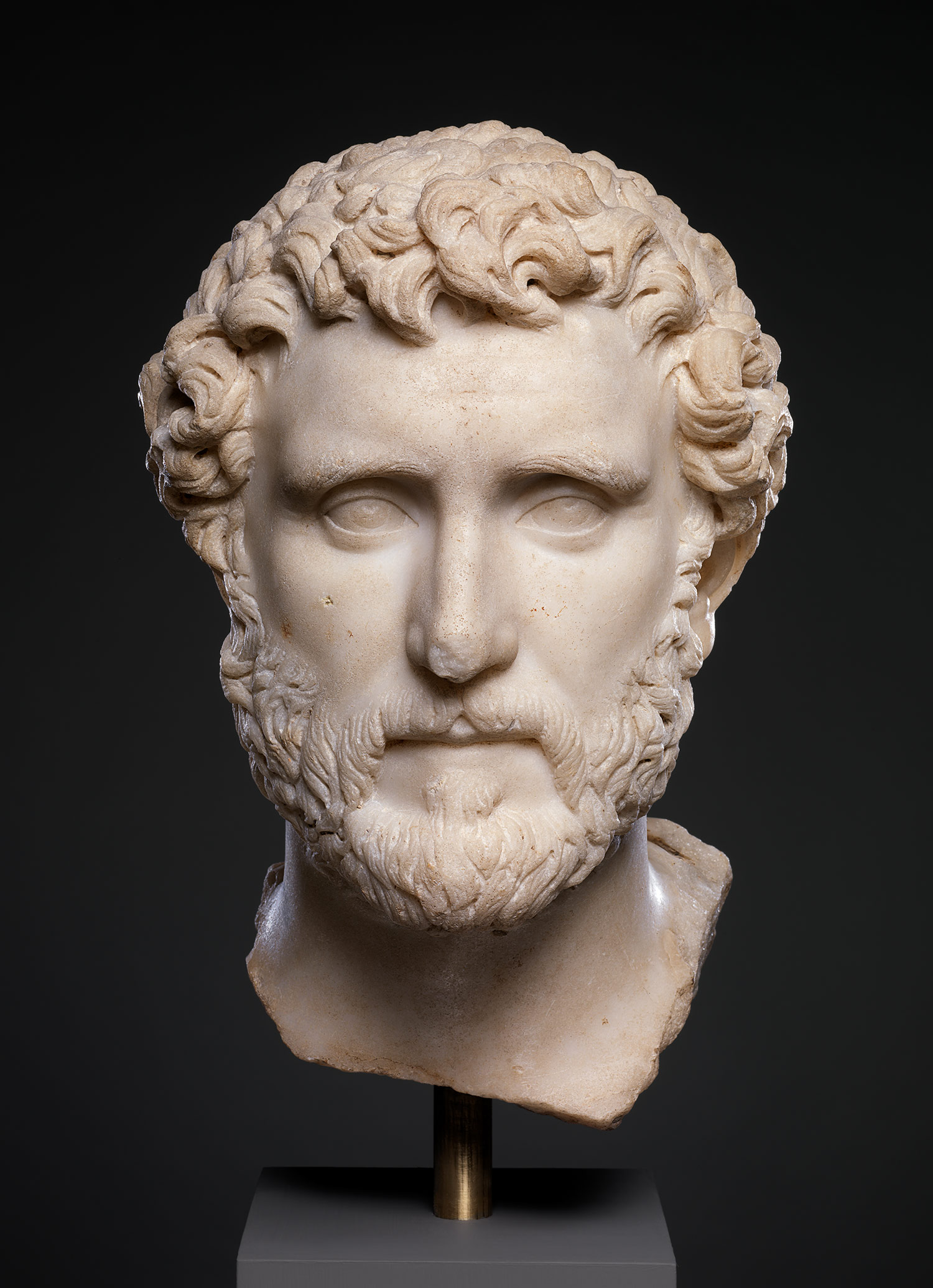I was recently asked
if I ever get writer's block. I quickly answered, “No. I don't
believe in writer's block. I always have something to say.” But
that's a short answer to a much more complex process.
In fact, there are
times I don't write, sometimes for months. Then, there are times when
my fingers can't type fast enough. I've written entire novels in
three days. It's a phenomena I've come to accept about writing, which
I've chalked up to “inspiration”.
Simply put, I wait for my
muse.
The Moors of Northern Africa ruled the Iberian peninsula (where Spain
is now) for over 700 years. They loved the art of
dance, and when they would see a dancer preform incredible acts – leap so high,
spin so fast, clearly illuminated from within – they would clap and
cheer, “There! That's God!”, or “Allah! Allah! Allah!” To
this day, in Spain, when a fearless matador dances with the bull or a
Flamenco dancer delights, the crowd cheers, “Olé!
Olé! Olé!”
That is where the word came from.
 Personally, I don't
believe in gods, but I can't deny that there are days when images
fill my mind, demanding to be put to paper, and do so now, now, now!
I don’t' think I'm weird. And I know I'm not alone.
Personally, I don't
believe in gods, but I can't deny that there are days when images
fill my mind, demanding to be put to paper, and do so now, now, now!
I don’t' think I'm weird. And I know I'm not alone.
One day, Paul
McCartney woke up humming a song. It bothered him because he didn't
know it's name, or even when he heard it. It haunted him the entire
day. Finally, he told his band about it (the Beatles, maybe you've
heard of them) and hummed it for them. “Nope,” they said, “that
song doesn't exist.”
They recorded it.
You know it as “Yesterday.”
 |
| Ruth Stone |
Poet Ruth Stone told
Elizabeth Gilbert that as a child she could “feel” poems rushing
at her. When that happened, she'd race into the house to grab pencil
and paper and write them as they came. Occasionally, she'd be late,
and as the poem pushed through her she'd reach out, grab it, and
force it back in, writing every word as she did so. In those
instances, the poem was “perfect and intact”. And completely
backwards.
There's an advantage
to believing that you, as an artist, or comedian, or writer, are NOT
alone. If you've sat down to create and what you end up with isn't
awesome, you're not entirely to blame. The lack of success is not
solely yours. The flip side, of course, is, should your work hit it
out of the park, you'll have to admit, you weren't alone.
Maybe you are a genius. Maybe you can be creative without your muse. But your muse
will never be creative without you.





